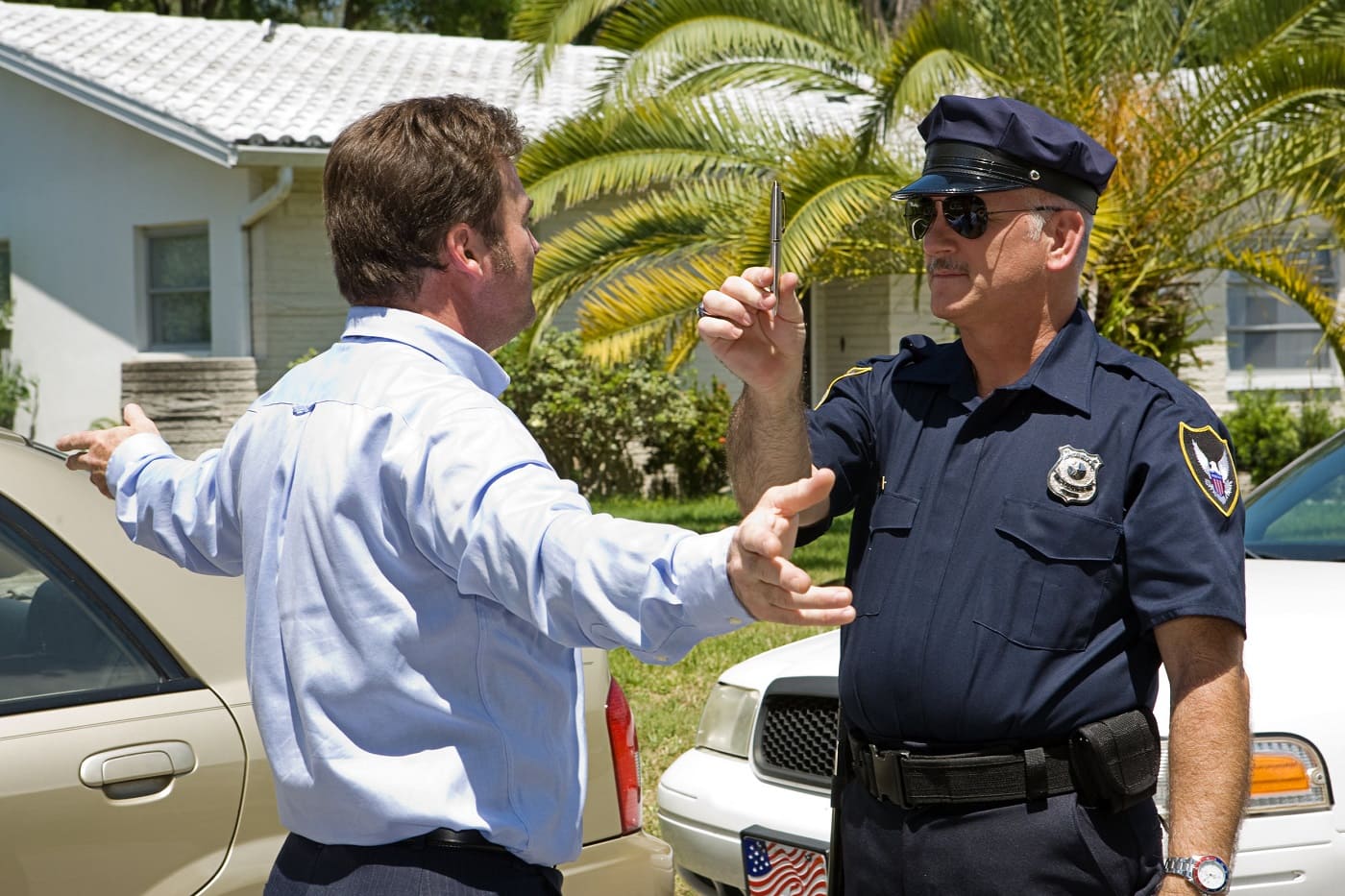Most people can picture in their head what a field sobriety test looks like. They picture an individual standing before a police officer, off the road, trying to touch their noses with their fingers while remaining balanced and focused or trying to walk in a straight line without stumbling.
However, does that picture line up with reality? What should drivers in Nevada know about Field Sobriety Tests?
1. What Are Field Sobriety Tests?
Field sobriety tests were first developed by the United States National Highway Traffic Safety Administration (NHTSA) in 1975. The purpose of these tests was to create a method police officers could use to determine whether a driver was intoxicated. The actions people were asked to do in these tests were created to highlight the signs of intoxication that are typically present in someone who has a high BAC level.
They are far from fool proof, however, and over the course of time, attorneys have attempted to poke holes in the credibility of their results.
2. Implied Consent Law
The State of Nevada operates under an implied consent law when it comes to field sobriety or BAC tests. Many drivers believe that they have no choice but to submit to a test when asked, which is not necessarily the case.
Drivers are within their rights to refuse this test, but, they should be aware that many courts will take a refusal to submit to field sobriety testing as an indication of probable cause.
Further, it can result in the driver being asked to take BAC testing in the form of a breath test or blood test, and the driver will be legally required to submit to these tests.
3. What Tests Are Used?
Many different types of tests have been officially approved by the NHTSA, but the State of Nevada requires that three tests be primarily used by law enforcement.
They include:
- One Legged Stand: This test requires the driver to remain balanced on one leg while reciting the alphabet. Alternatively, the driver could be asked to count instead while standing on one foot. Drivers are normally required to do this for at least 30 seconds. If the driver sways, needs to put his or her foot down, hops around or uses his or her arms remain balances, as well as not accurately counting or reciting the alphabet, the officer may have enough indication to believe he or she is intoxicated.
- Walk and Turn: This field sobriety test requires the driver to take nine steps forward in a line, walking heel to toe, turn around and then take nine more heel to toe steps back to where he or she started. If he or she cannot walk in a straight line, stumbles when walking or trying to turn around, cannot maintain balance or cannot take the required number of steps, the officer may have adequate reason to believe the driver is intoxicated.
- Horizontal Gaz Nystagmus: The horizontal gaze nystagmus or pen test has the driver follow an object with his or her eyes from right to left, usually a pen held by the officer. The officer is looking for involuntary jerkiness or any bounce in eye movement as the driver follows the object with his or her eyes. This test is known to show whether the driver is significantly impaired.
4. Are Field Sobriety Tests Reliable?
Thus, brings the $1 million-dollar question: are these tests reliable? The trick is the results of these tests can be quite subjective. The officer has a lot of discretion in determining whether he or she believes the driver failed the test.
Other factors can play into the driver failing the test. If he or she has a health condition or takes medicine that affects balance or coordination, that can affect the test. If the driver is wearing shoes that are hard to walk in, the test results can be compromised, as well. Further, if the driver is nervous when taking the test and this affects his or her reflexes, the police officer may be under the impression that the driver is intoxicated.
Many factors can play into the test, and it is important that these be discussed with the driver’s attorney if the driver wishes to call into question the reliability of the test results.
Contact The Hill Firm Today
If you have been arrested for a DUI while visiting Nevada, it is important you contact the Hill Firm today. We can meet with you to discuss your rights and all potential legal consequences from your arrest. Contact us today by calling (702) 848-5000 for a free consultation.

